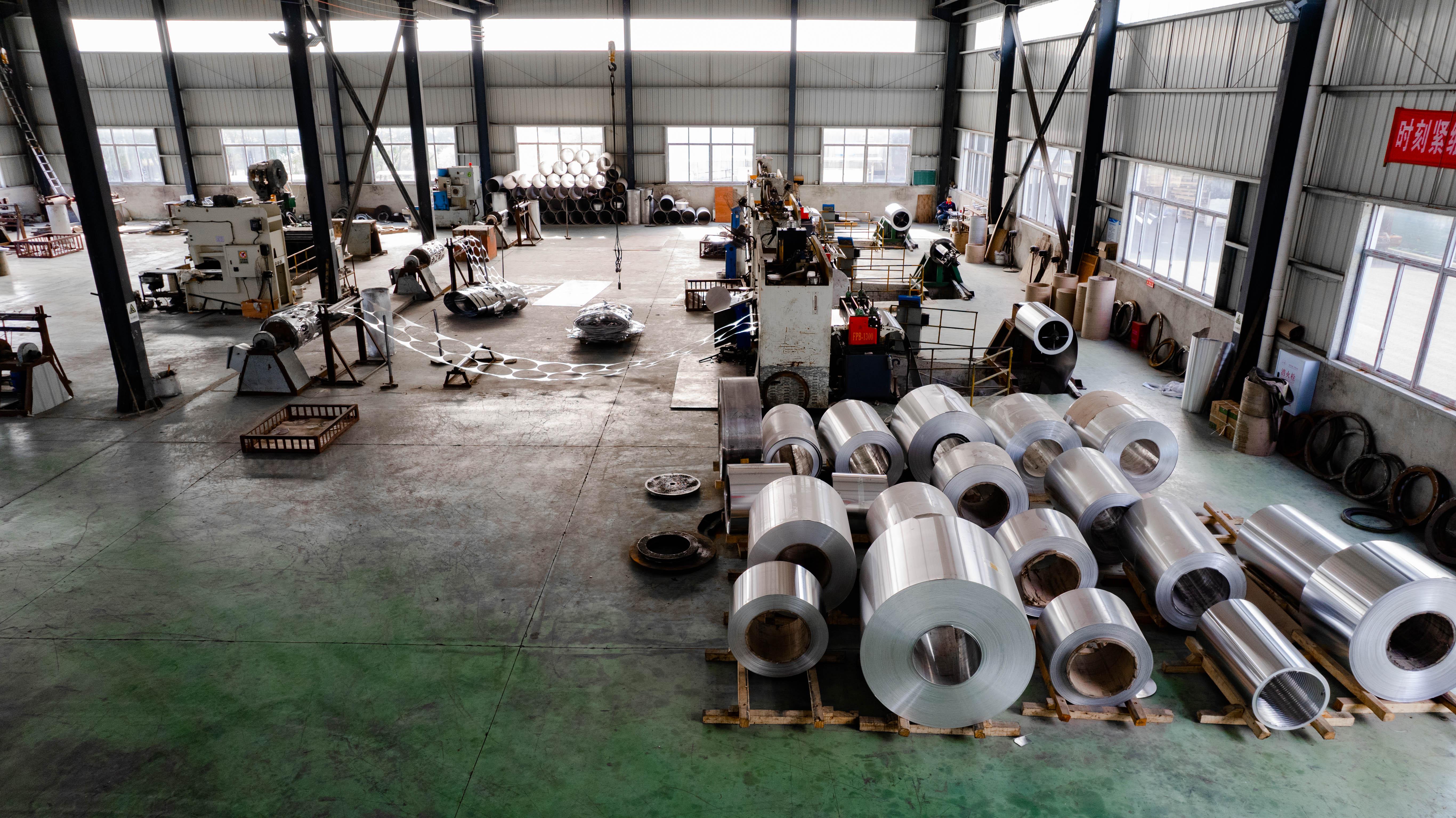How to Choose the Right Aluminium Products Supplier for Your Business

Finding a reliable aluminium products supplier is crucial for businesses in construction, manufacturing, automotive, and other industries. The right supplier ensures high-quality materials, timely delivery, and competitive pricing. However, with so many suppliers in the market, how do you make the best choice? This guide will help you evaluate potential suppliers and select the one that meets your business needs.
Key Factors to Consider When Choosing an Aluminium Supplier
1. Quality of Aluminium Products
Not all aluminium is created equal. The grade, alloy composition, and finishing (anodized, powder-coated, mill-finished) affect performance. A reputable supplier should provide:
Certifications (ISO, ASTM, or other industry standards)
Material test reports to verify composition and strength
Samples for quality inspection before bulk orders
2. Range of Products Offered
A good supplier should offer a diverse range of aluminium products, such as:
Extruded profiles (for windows, doors, automotive parts)
Sheets & coils (for roofing, cladding, fabrication)
Rods, bars, and tubes (for structural and industrial use)
Custom fabrication (cut-to-size, CNC machining, welding)
If a supplier specializes in multiple product types, it simplifies procurement and ensures consistency.
3. Production Capacity & Lead Times
Can the supplier handle large or urgent orders? Check:
Manufacturing facilities (in-house production vs. outsourcing)
Average lead times for standard and custom orders
Inventory levels to avoid stock shortages
A supplier with strong production capabilities minimizes delays and keeps your projects on track.
4. Pricing & Payment Terms
While cost shouldn’t be the only deciding factor, competitive pricing matters. Compare:
Market rates (avoid unusually low prices, which may indicate poor quality)
Bulk discounts for long-term contracts
Payment flexibility (credit terms, LC, upfront payments)
5. Logistics & Supply Chain Reliability
A dependable supplier should have:
Efficient shipping & packaging to prevent damage
Global or local distribution networks for faster delivery
Track record of on-time fulfillment
6. Customer Service & Technical Support
A responsive supplier adds value by:
Providing technical guidance on material selection
Offering after-sales support for issues like defects or returns
Assigning a dedicated account manager for smoother communication
Conclusion
Choosing the right aluminium products supplier requires careful evaluation of quality, product range, production capacity, pricing, and service. By prioritizing these factors, you can build a strong supplier relationship that supports your business growth.
- Art
- Causes
- Crafts
- Dance
- Drinks
- Film
- Fitness
- Food
- Games
- Gardening
- Health
- Home
- Literature
- Music
- Networking
- Other
- Party
- Religion
- Shopping
- Sports
- Theater
- Wellness


